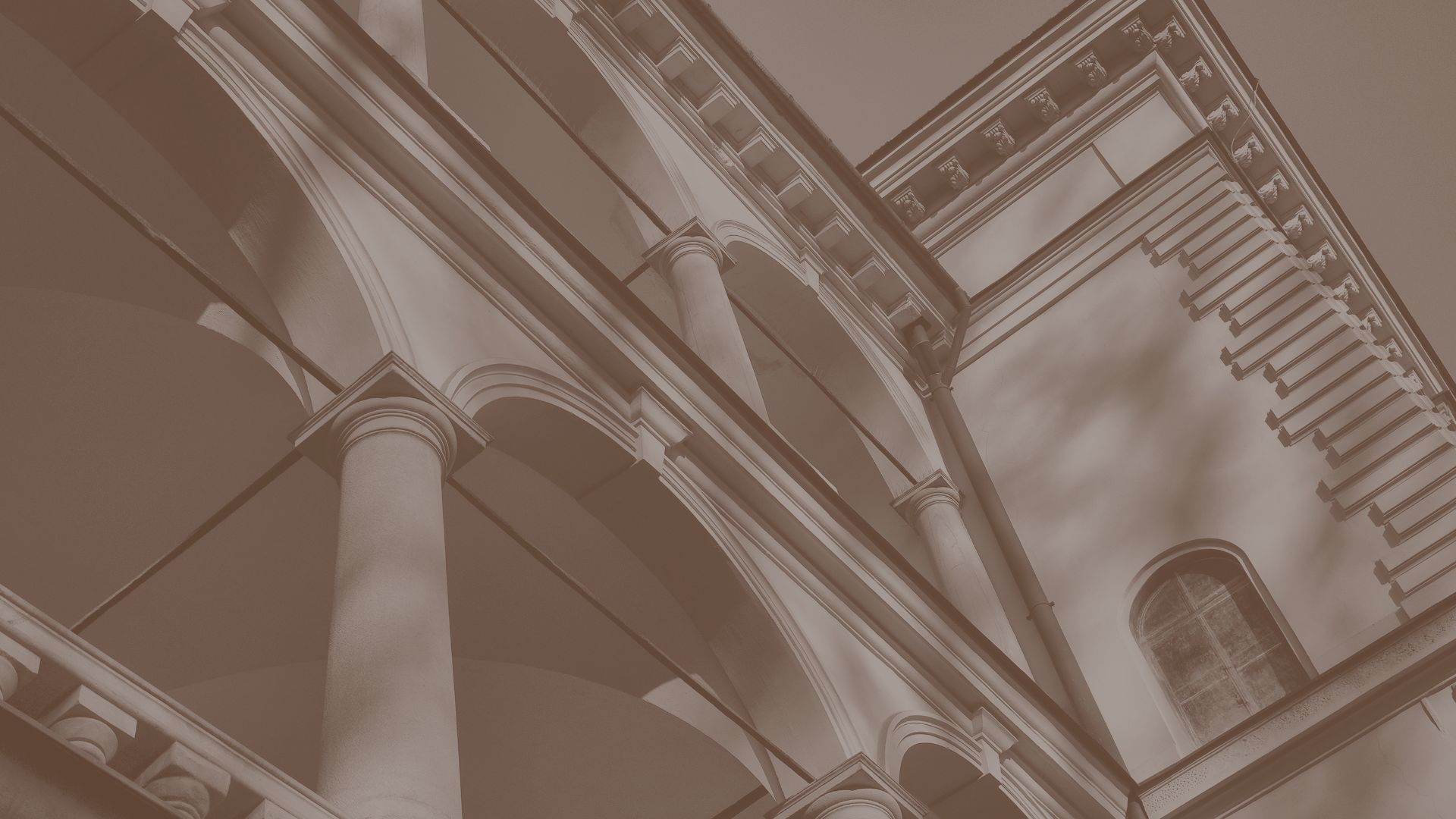Literature
Visegrad Literary Residences – spring edition
On May 1, scholarship stays under the Visegrad Literary Residencies 2014 program began. Four artists came to Krakow to carry out their activities, participate in meetings with authors and literary events.
Spring Edition
On May 1st, the scholarship stays within the scope of the Visegrad Literary Residences 2014 programme started. Four scholarship holders came to Kraków to pursue their literary and artistic projects here. In the spring edition, Villa Decius hosts Alena Mornštajnova, Czech translator and writer, István Szathmáre, Hungarian journalist and book illustrator, Silvia Ruppeldtova, Slovakian scriptwriter, journalist, translator and archaeologist and Marcin Kalisz, Polish actor, director and script editor. The spring edition of the Visegrad Literary Residences programme will last until June 12.
Alena Mornštajnová (1963)
Czech language teacher, writer and translator. During communist times in Czech Republic, she was not allowed to study at university and worked as a translator. After the fall of the iron curtain, she studied Czech and English philology at the Faculty of Arts at the university of Ostrava. She translated several books and published her own ones – Slepá mapa (The Blind Map) and a story Duch babičky Terezky (The Ghost of Granny Terezka). She is currently working on a novel about the fate of Jews of her hometown Valašské Meziříčí in the 20th century. During her residential stay, she wants to continue this project by following Jewish traces in Krakow and doing a research journey to Auschwitz-Birkenau, the place of execution some of those Jews portrayed in her book.
István Szathmáry (1978)
Hungarian journalist, graphic designer and illustrator. He studied history and communication in Pázmány Péter Catholic University, Piliscsaba. Currently he is working on his PhD thesis in aesthetics at Eötvös Loránd University, Budapest. Interested especially in Polish movie and culture, he could deepen his knowledge during a stay at the Adam Mickiewicz University in Poznań. He worked as a graphic designer at the Museum of Military History in Budapest, during more than 10 years, as a literary critic. Since 2011, he has been writing for the Magyar Nemzet daily and for MNO news site, focusing on culture issues. He was one of the finalists of the OTDK competition, honouring scientific texts in the field of philosophy and aesthetics. As an illustrator, Szathmáry cooperated with Hungarian writers, such as Noémi Szécsi and János Lackfi. Lackfi’s funny guide for Hungarians (Homo Hungaricus) with satirical cartoons of Szathmáry was one the best-selling Hungarian books in 2013. During his residential stay, he wants to explore the cult concerning the Polish writer and Nobel prize laureate Wisława Szymborska and how it is related to the city of Krakow. He wants to present the results in form of articles in several newspaper as well as in form of an essay in a literary magazine.
Marcin Kalisz (1981)
Polish actor, educator and director. He studied acting at the Krakow Academy of Dramatic Arts. Since 2008, he has been working at the National Old Theatre in Krakow and played in performances directed among others by Jerzy Stuhr, Krzysztof Jasiński, Mikołaj Grabowski, Barbara Wysocka, Wojtek Klemm and Piotr Waligórski. Together with Dominika Borkowska he is the initiator and leader of the theatre workshop T__KONTAKT. For the play Our town he worked as an Assistant Director to Szymon Kaczmarek at the National Old Theatre in Krakow. Furthermore, he wrote the script, produced and directed the film etude The Aftermath of January which is based on poems by Marius Hulpe. He directed the play Two for the Seesaw, which had a premiere in April 2014 at the People’s Theatre in Krakow. He won the award of the International Gombrowicz Festival in Radom and the team Grand Prize at the Wrocław Stage Songs Review for the play Gyubal Wahazar’s Mother. During his residential stay, his purpose is to write the drama Ekspressiwo, together with Jerzy Szymacha, a poet from Krakow, who will also be the main figure of the play.
Silvia Ruppeldtová (1977)
Slovak screenwriter, journalist, translator and archaeologist. She studied dramaturgy and screenplay writing, Latin American Studies as well as archaeology and egyptology in the cities of Bratislava, Moscow, Madrid, Vienna and Habana in Cuba. Corresponding to her wide-ranging studies, she has worked in different fields: She wrote the screenplay for the documentary Changes of Bratislava, she translated documentaries and films for the cinema and literary texts from Spanish, French, English and German, among them Aprende a dibujar by Rosa Curto, Lettre à D. by André Gorz and Them, Adventures with Extremists by Jon Ronson. Her editorials, commentaries, interviews, essays and articles have been published in a number of Slovak journals and magazines. As an archaeologist, she took part in field trips to Spain, Portugal and Egypt. During her residential stay, she plans to translate a philosophical essay La Beauté by Frédéric Schiffter as well as to write a series of essays entitled “City as a private love affair” focusing on the sense of love in literature and the inevitable connectedness of personal and social issues in the expansion of beauty and positive social changes.
